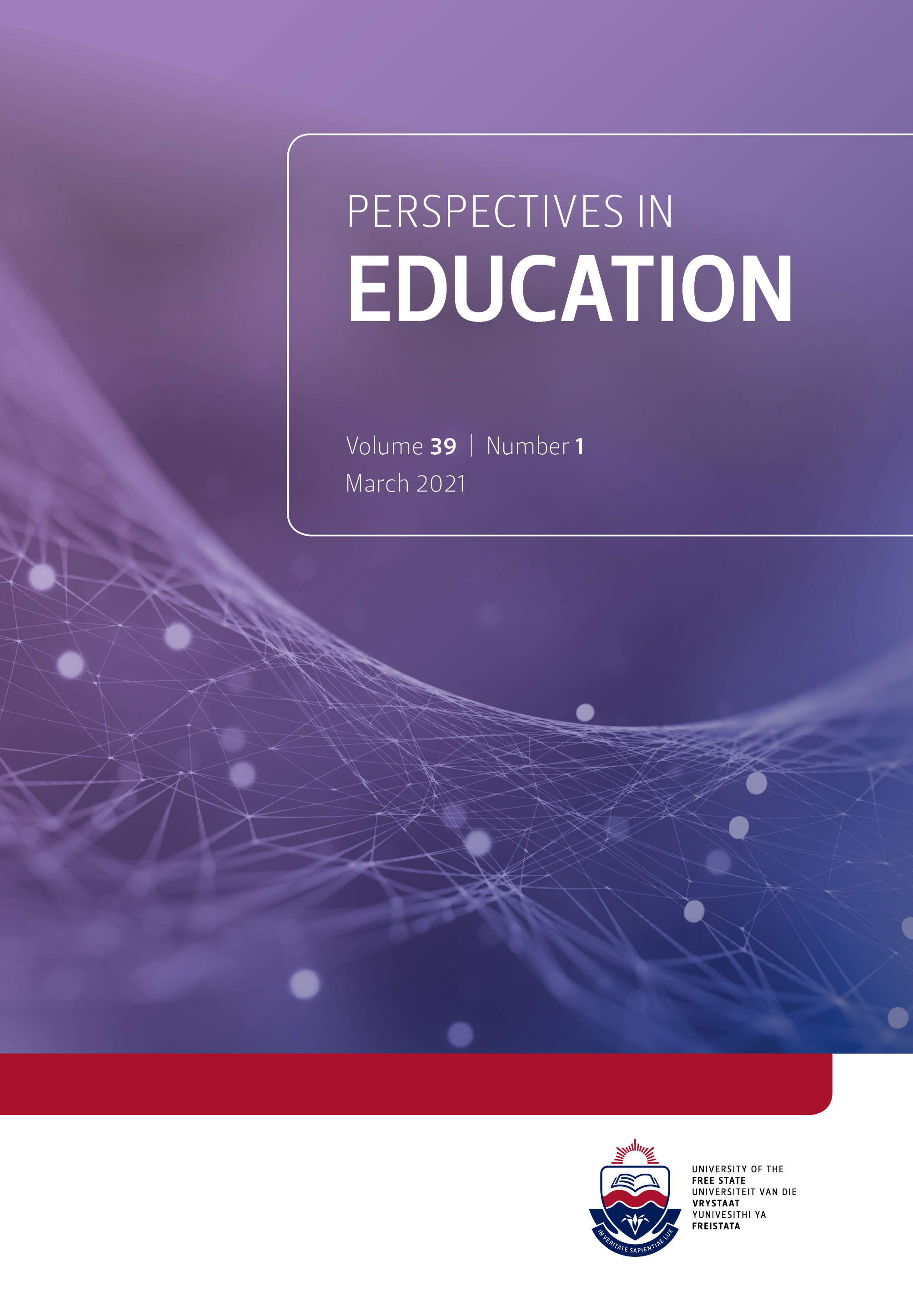The impact of COVID-19 on the holistic development of young South African at-risk children in three early childhood care and education centres in a rural area
DOI:
https://doi.org/10.38140/pie.v39i1.4706Keywords:
Early childhood, COVID-19, Education, Holistic, Sustainable, UbuntuAbstract
Early childhood care and education (ECCE) has gained recognition as an important means of promoting the holistic development of the inseparable social, emotional, cognitive and physical facets of education in the early childhood years. Since early childhood development poses challenges to many young children, the prolonged mandatory closure of ECCE centres during the national lockdown exposed many young children to the additional risk of being deprived of the continuity of learning, security, health and safety. This article draws from a research project in three Bafenyi ECCE centres in the rural area of Ikageng (Potchefstroom) in the North-West province of South Africa and focuses on how COVID-19 influences the holistic development of young children at risk. A qualitative approach was taken, following a participatory action-learning and action-research (PALAR) design where all participants collaborate as equal partners and construct their own meaning from experiences within the action-learning set (ALS) to advocate for change. Within a critical and transformative paradigm teacher-participants were encouraged to think critically about the holistic development of young children and to consider how collaboration could lead to social change. The data collection method was limited to the recorded group discussions of the ALS during Cycle 1 of the PALAR process. Given that positive environmental and contextual factors are able to lay the groundwork for holistic development in the early years, the African Ubuntu philosophy of compassion, respect and humanity was viewed as being suitable to serve as theoretical framework for the study. The findings highlight that, even during a lockdown, it vital that collaborative ways are found to harness the precious early years with a view not only to meeting these children’s needs but also to laying the foundation for a sustainable future. It is argued that if teachers were to apply the Ubuntu philosophy, they would learn how to make lifelong use of the acquired skills to improve the holistic well-being of young children on an ongoing basis.
Downloads
##submission.downloads##
Published
How to Cite
Issue
Section
License
Copyright (c) 2021 Prof. M. Koen, Dr M.M. Neethling, Dr S. Esterhuizen, Mrs B. Taylor

This work is licensed under a Creative Commons Attribution 4.0 International License.









